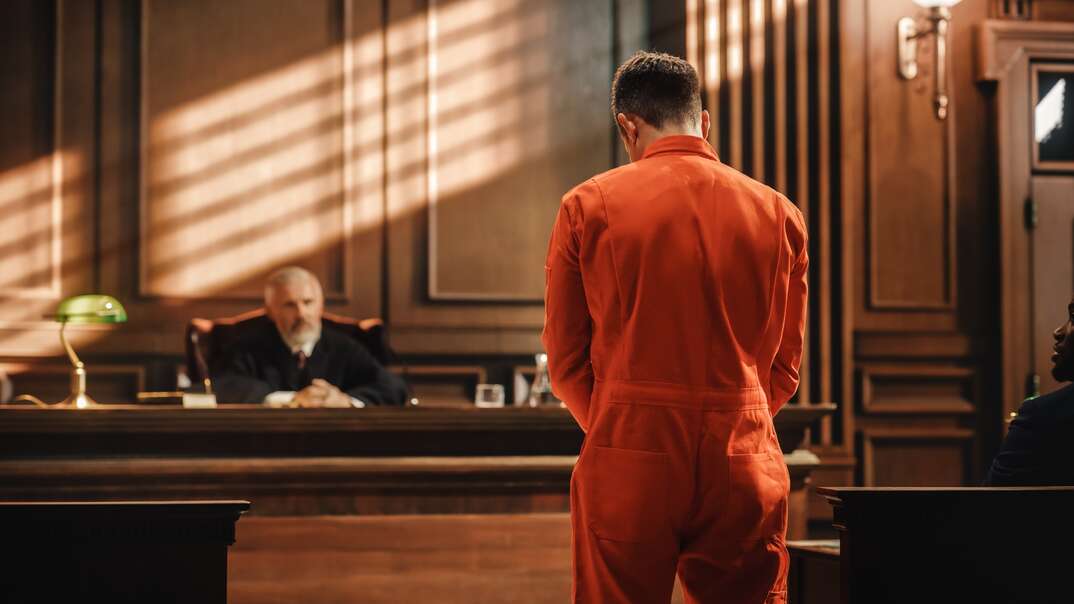Can I Be Charged With a Crime I Committed by Accident? (What to Know About Strict Liability)

Reviewed by Carina Jenkins, J.D.
Does accidentally committing a crime absolve me of any legal repercussions? Many people think so. However, the legal system differentiates between crimes requiring intent and those based on strict liability. In simpler terms, some crimes require the prosecution to prove you intended to break the law, while others hold you responsible for the outcome of your actions, regardless of intent.
To explain this better, here’s a common scenario: Imagine you're walking your dog on a leash when it unexpectedly breaks free and bites a passerby. This could lead to charges against you, even though you had no intention of causing harm. It can happen to you that easily.
What Is Strict Liability Law, and How Does It Apply in These Cases?
In criminal cases, the prosecution must prove an element of intent. Depending on the crime, this may be:
- Specific intent
- General intent
- Criminal negligence
- Strict liability
Strict liability applies in specific situations where a person can be held legally responsible for the consequences of their actions, even if they acted without negligence or intent to harm. This means the prosecution doesn't need to prove you were careless or intended to break the law. They only need to show that a crime occurred and you were the one who caused it.
If the term is new to you, here are two common examples of strict liability:
- Selling alcohol to a minor: Even if a bartender carefully checks identification and mistakenly serves someone underage, they can still be held liable if caught.
- Keeping wild animals: Owning certain exotic pets comes with inherent risks, so if the pet escapes and injures someone, strict liability laws might apply.
It's important to note that strict liability applies more frequently in civil court (personal injury law) than in criminal court. In a civil case, the injured party might file a strict liability claim against you for damages caused by your dog or another action covered by strict liability law. In some cases, there may be strict liability for an act in civil court but not under criminal law.
A defense attorney can be invaluable if you're facing charges due to an accident. Here's how they can assist you:
- Determining the law. Strict liability laws vary by state. An attorney can determine the specific laws that apply to your situation and the potential consequences.
- Building a defense. Every case is unique, so an experienced attorney will know how to build a defense regardless of the circumstances. For instance, trespassing by the injured party could weaken the prosecution's case in a dog bite scenario.
- Negotiating charges. If strict liability applies, your attorney might be able to negotiate with prosecutors for reduced charges or alternative punishments. You could do this yourself, but an experienced attorney is more likely to negotiate a more favorable result.
- Representing you in a civil case. If you're facing a civil lawsuit due to strict liability, your lawyer can represent you in court and fight for a fair outcome. Going it alone could prove costly.
Remember, strict liability doesn't mean automatic guilt. An experienced defense attorney can help you navigate the legal system and protect your rights.
More Related Articles:
- When Do You Need a Lawyer? Determine If You Need to Hire an Attorney
- How Much Are Court Costs?
- What Is a Misdemeanor?
- What Is Legal Precedent?
- How Do You Fire Your Attorney?
Additional Considerations
Let's finish by covering some additional aspects of strict liability you should consider.
Strict Liability Vs. Negligence
Negligence focuses on a person's failure to take reasonable care to avoid causing harm. Strict liability doesn't consider intent or negligence; it simply holds the responsible party accountable for the outcome.
Product Liability Cases
Strict liability is a common principle in product liability cases. If you're injured by a defective product, the manufacturer might be held strictly liable for your injuries regardless of its knowledge of the defect.
Criminal Law Vs. Personal Injury Law
Strict liability is more prevalent in personal injury cases than in criminal cases. However, there are some criminal offenses — such as selling alcohol to people below the legal age — where strict liability applies.
It’s helpful to have a basic understanding of strict liability because it’s easy to find yourself in a situation where it applies. Understanding the concept can help you navigate situations where you might be held responsible for unintended consequences. If you face charges or a lawsuit due to an accident, consulting a defense attorney is often the best way to protect your rights and navigate the legal system.
Elocal Editorial Content is for educational and entertainment purposes only. The information provided on this site is not legal advice, and no attorney-client or confidential relationship is formed by use of the Editorial Content. We are not a law firm or a substitute for an attorney or law firm. We cannot provide advice, explanation, opinion, or recommendation about possible legal rights, remedies, defenses, options or strategies. The opinions, beliefs and viewpoints expressed by the eLocal Editorial Team and other third-party content providers do not necessarily reflect the opinions, beliefs and viewpoints of eLocal or its affiliate companies. Use of the Blog is subject to the
Website Terms and Conditions.The eLocal Editorial Team operates independently of eLocal USA's marketing and sales decisions.



